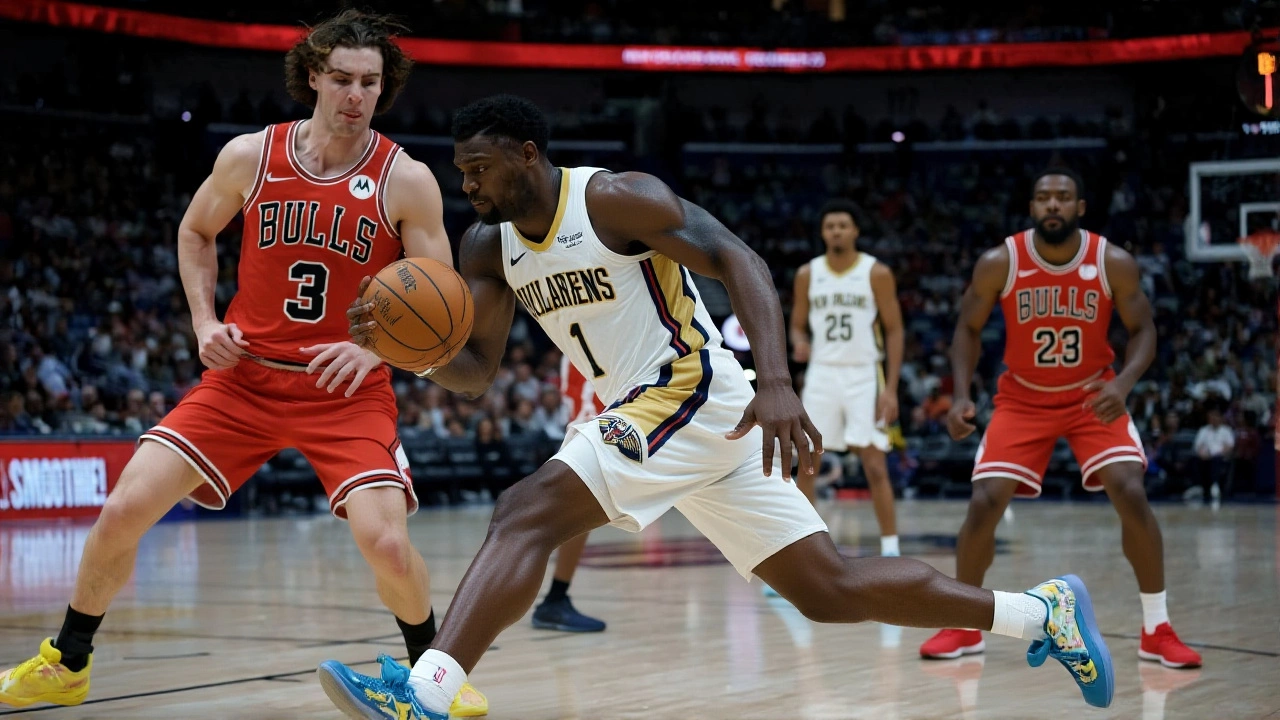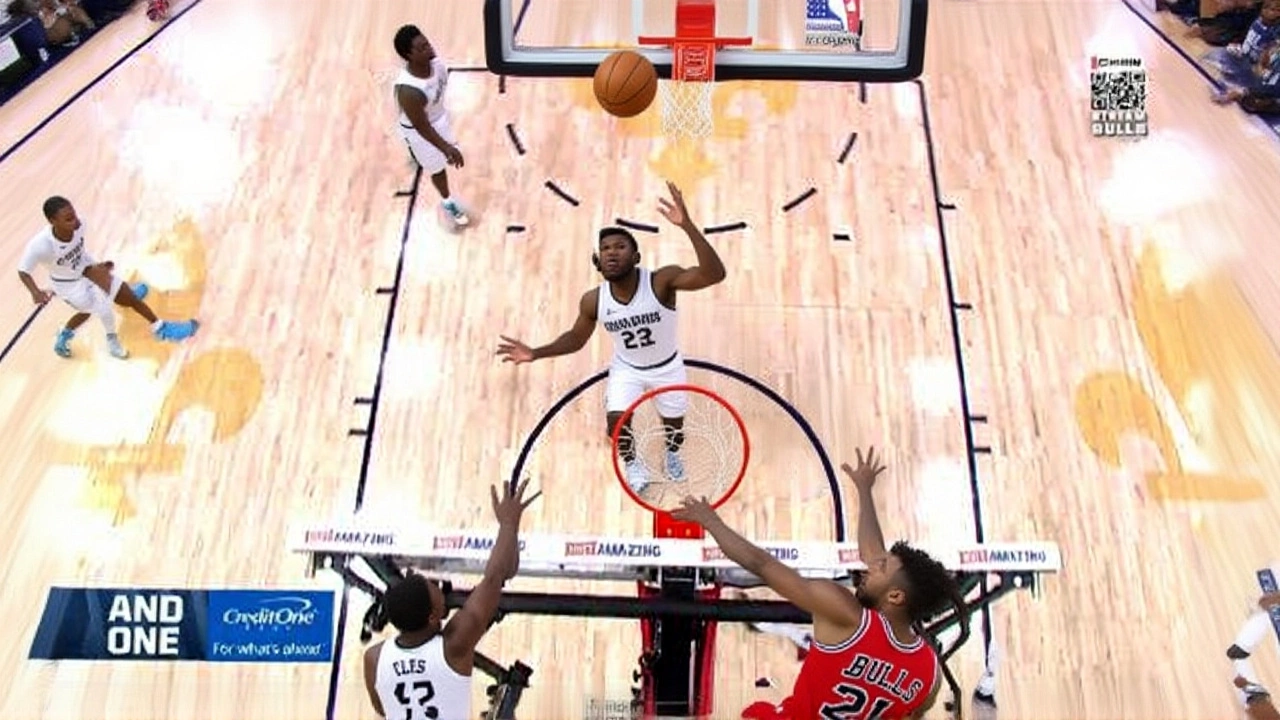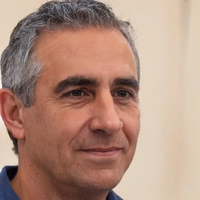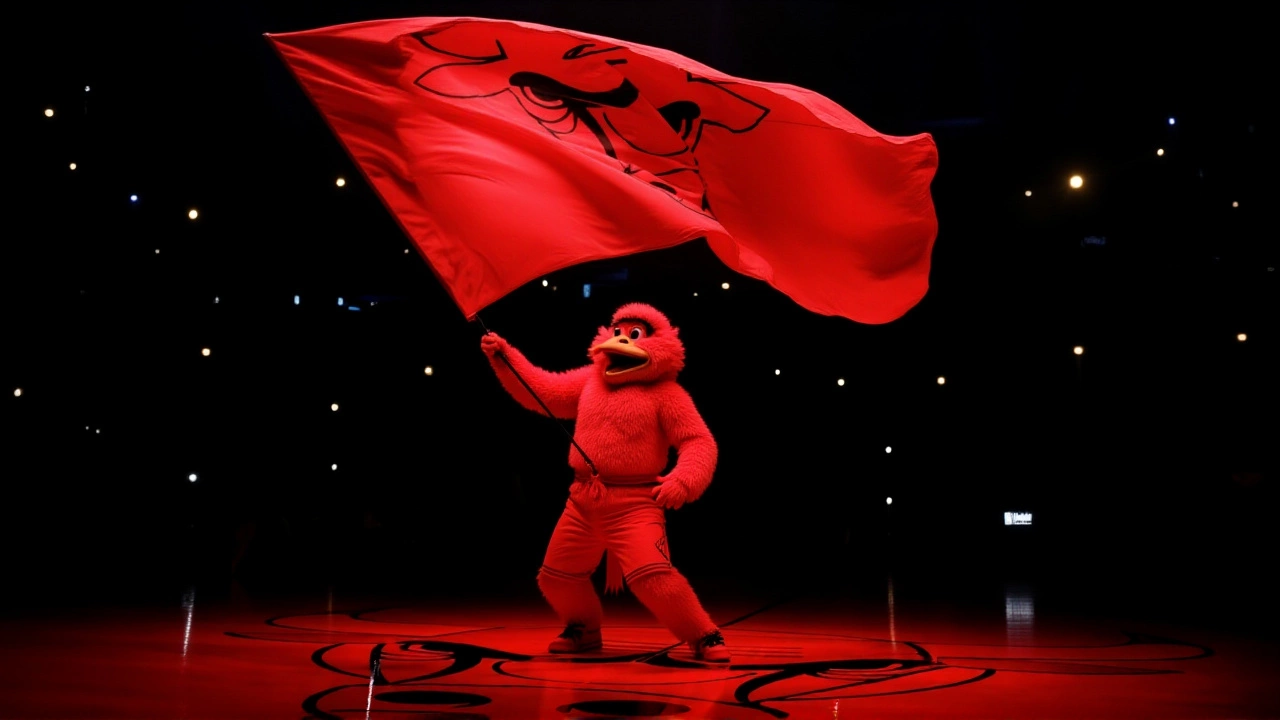When the final buzzer sounded at the Smoothie King Center on Monday night, the roar wasn’t just for the win—it was for survival. The New Orleans Pelicans had finally ended their nine-game losing streak, beating the Chicago Bulls 143-130 in a high-octane, back-and-forth thriller that felt more like a lifeline than a game. It was their first victory since November 5, and the first under interim coach James Borrego, who took over after Willie Green was fired on November 14 with the team at 2-10. This wasn’t just a win. It was a reset.
A Breakthrough Built on Zion
Zion Williamson, the 24-year-old force of nature, delivered exactly what the Pelicans needed: a season-high 29 points, relentless drives, and a physical presence that kept Chicago off balance. He wasn’t just scoring—he was absorbing contact and finishing anyway. One play, captured in YouTube highlights, showed him rolling to the basket with two defenders draped on him, the referee’s whistle blowing long after the ball went in. "A lot of contact," the announcer said. "And boy, that is a lot of contact." That’s the kind of basketball that changes momentum. And on this night, it changed everything.But Zion didn’t do it alone. Saddiq Bey, the 25-year-old forward, was the unsung architect of the second half, dropping 20 points and grabbing 14 rebounds. His two late threes—with just under two minutes left—snuffed out Chicago’s final rally when the lead had shrunk from 18 to just six. "He’s been quiet all year," one fan shouted from the upper deck. "Tonight? He showed up."
The Bench That Changed the Game
While the starters got headlines, the real spark came from the bench. Jose Alvarado, the 26-year-old guard, played like a man possessed: 16 points, 8 assists, 7 rebounds. He was everywhere—stealing passes, hitting floaters, setting screens that freed up Williamson. "Jose was massive off the bench tonight," the highlights transcript noted. And he wasn’t the only one. Trey Murphy gave the Pelicans their first real separation with a three-point play in the second quarter that made it 55-33. That’s when the crowd started to believe.Chicago, meanwhile, had plenty of firepower. Ayo Dosunmu poured in 28, and Coby White added 24. Josh Giddey, the 22-year-old Australian, chipped in 21, and Tre Jones nearly posted a double-double with 10 points and 11 assists. The Bulls shot 40% from three—20 of 50—and kept it close through three quarters. But in the fourth, New Orleans’ defense tightened, and Chicago’s shots started to clank.

The Numbers Don’t Lie
The box score tells a story of efficiency. The Pelicans shot 50.96% from the field—53 of 104. They were 13 of 35 from deep (37.14%) and 24 of 35 from the line (68.57%). They had 31 assists to Chicago’s 26. And they outrebounded the Bulls 49-44. That’s not luck. That’s execution. The first quarter was a shootout—37 apiece. The second? New Orleans pulled away, scoring 37 again while holding Chicago to 28. By halftime, it was 74-58. The Bulls never got closer than seven after that."We knew we had to play harder," Borrego said postgame. "We weren’t just trying to win tonight. We were trying to prove we still belong in this league."
What This Means for New Orleans
The Pelicans entered the game at 2-15. They’re still last in the Western Conference. But this win? It’s a psychological turning point. Nine straight losses had turned the arena into a funeral home. Fans were leaving early. Social media was full of memes about "Zion’s lonely 29-point nights." Now? They stood for the final two minutes, clapping as the clock bled out. One man in Section 212 held up a sign: "We believed. Even when no one else did."Willie Green’s firing was inevitable. The team’s offense was stagnant, the defense nonexistent. Borrego’s first task wasn’t X’s and O’s—it was restoring belief. And on this night, he did it. The players responded. The crowd responded. Even the referees seemed to notice the energy—calling 28 fouls on Chicago, 22 on New Orleans, but letting the game flow.

What’s Next?
The Pelicans host the Memphis Grizzlies on Wednesday night, November 26. Memphis is 11-7 and coming off a win over Phoenix. This is no easy follow-up. But now, New Orleans has something they didn’t have before: momentum. The Bulls, meanwhile, drop to 9-8 and head to Charlotte on Friday. They’re still in the playoff race, but this loss feels different. They led by 12 in the third. They shot better than 40% from three. And still, they lost.It’s hard to say if this win will spark a turnaround. But in a season full of losses, it’s the first sign that something might be changing. And sometimes, that’s enough.
Frequently Asked Questions
How did Zion Williamson’s performance compare to his season average?
Zion Williamson’s 29 points tied his season high, well above his previous average of 21.3 points per game. He also added 7 rebounds and 4 assists, showing improved all-around play. His field goal efficiency was 11-of-18 (61.1%), a significant jump from his 52.3% season average, suggesting he’s regaining his dominant form after early-season struggles.
Why was James Borrego named interim head coach?
Borrego was promoted after Willie Green was fired on November 14, 2025, following a 2-10 start. The Pelicans’ offense ranked 28th in the league, and defensive breakdowns were constant. Borrego, a former head coach with the Charlotte Hornets, was brought in for his experience in system-building and player development, especially with young talent like Williamson and Alvarado.
What role did Jose Alvarado play in breaking the losing streak?
Alvarado’s 16 points, 8 assists, and 7 rebounds off the bench provided the energy the Pelicans lacked. His defensive pressure forced 4 Bulls turnovers, and his playmaking unlocked open looks for Williamson and Bey. His 10-minute fourth-quarter stretch helped seal the win, and his hustle became a catalyst for the team’s renewed intensity after weeks of lethargy.
How did the Bulls’ three-point shooting impact the game?
Chicago shot an impressive 20-of-50 (40%) from beyond the arc, led by Dosunmu and White. But their reliance on threes backfired in the fourth quarter, as they went 4-of-15 after leading by 12 in the third. New Orleans adjusted by switching defenses and contesting every shot, forcing rushed attempts. The Pelicans’ interior defense, led by Williamson and Bey, made Chicago pay for over-relying on perimeter shooting.
What’s the significance of this win for the Pelicans’ playoff chances?
Mathematically, the Pelicans are still out of contention—they’re 9.5 games behind the 8th seed. But this win is about more than standings. It’s about morale, culture, and development. For young players like Williamson and Alvarado, proving they can win under pressure is vital for future growth. Front office officials say this victory could influence draft lottery positioning and trade decisions in the coming months.
Did the crowd play a role in the outcome?
Absolutely. The Smoothie King Center was at 92% capacity, the loudest it’s been all season. Fans stood for the final 2:17, creating a wall of noise that disrupted Chicago’s offensive sets. The Bulls committed three shot-clock violations in the final four minutes—a rarity for them. Coach Borrego later said, "The energy in this building was the 12th man tonight."

